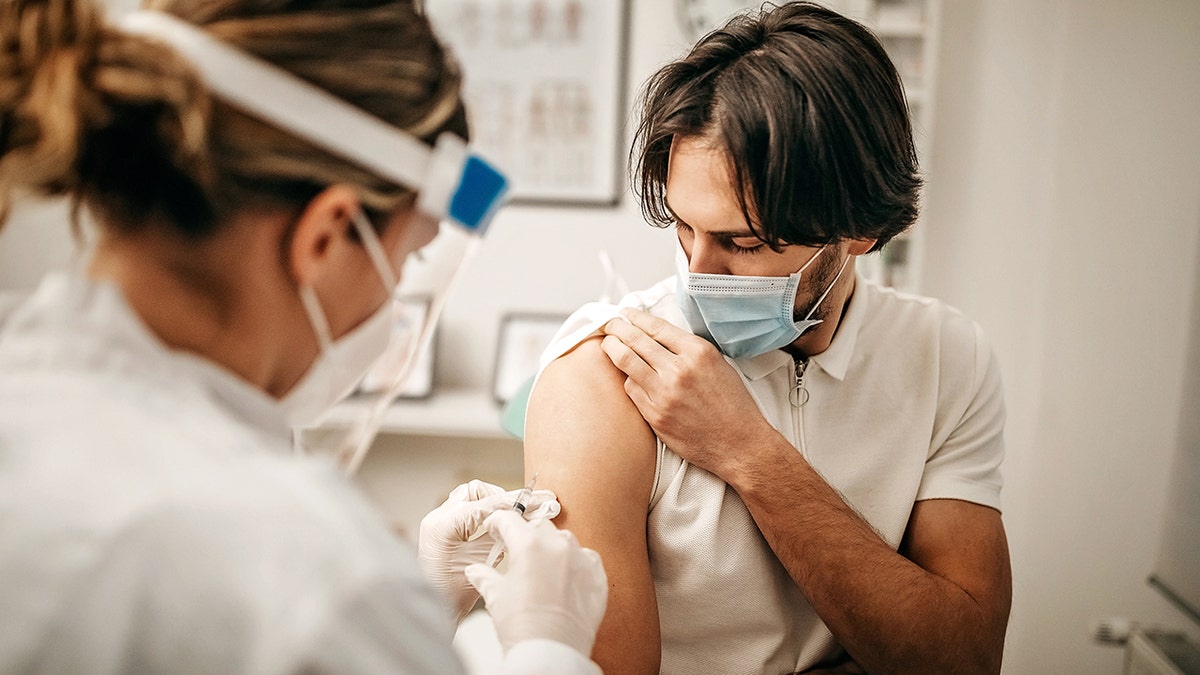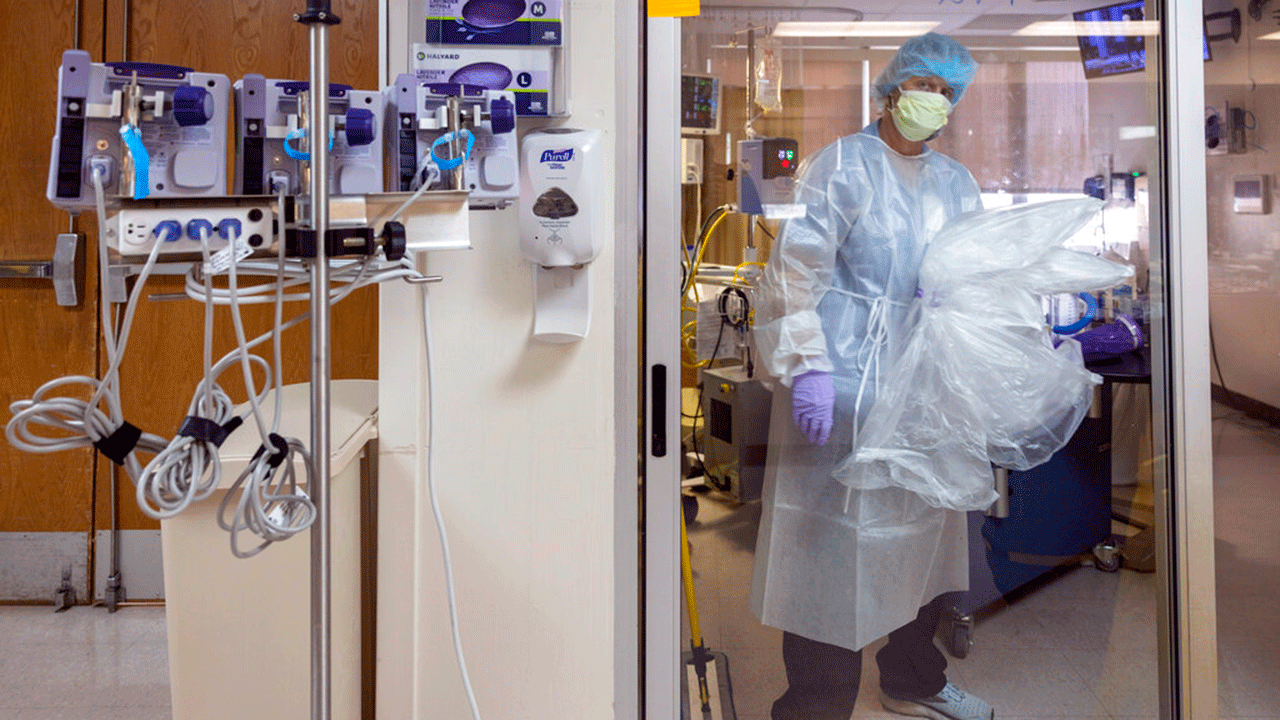Sen. Rand Paul: Fauci ‘won’t admit’ evidence of coronavirus origins points to Wuhan lab
Sen. Rand Paul, R-Ky., on Dr. Rochelle Walensky and Dr. Anthony Fauci testifying before the Senate Health, Education, Labor and Pensions Committee.
The U.S. surgeon general released a brochure this week warning against misleading memes and graphs online in an effort to stamp out "health misinformation."
"With the authorization of COVID-19 vaccines for children 5 to 11 years old, it is more important than ever that families have access to accurate, science-based information. Health misinformation is spreading fast and far online and throughout our communities," Surgeon General Dr. Vivek Murthy said in a press release Tuesday. "The good news is that we all have the power to help stop the spread of health misinformation during this pandemic and beyond. That’s where this toolkit comes in – to provide Americans with resources to help limit and reduce this threat to public health."

Medical doctor giving injection to make antibody for coronavirus.
The Community Toolkit for Addressing Health Misinformation includes a misinformation checklist, tips on how individuals should communicate with loved ones about health matters, an outline of common types of misinformation, and reflections from people who may have encountered misinformation.
"During the COVID-19 pandemic, health misinformation and disinformation (misinformation that is spread intentionally to serve a malicious purpose) have threatened the U.S. response to COVID-19 and continue to prevent Americans from getting vaccinated, prolonging the pandemic and putting lives at risk," the press release added.

A worker from USA Health prepares to vaccinate a person for COVID-19 during a drive-up clinic in Mobile, Alabama, on Aug. 12, 2021. (AP Photo/Jay Reeves)
COVID-19 ANTIBODIES PROVIDE GREATER PROTECTION FOR INDIVIDUALS OVER 50 YEARS OLD, STUDY FINDS
The toolkit calls out memes, edited videos, fake websites and "cherry picked statistics" as ways that coronavirus misinformation can spread, noting that the statements made through those vehicles aren’t always completely fake but sometimes "lack context."

Kecia Harris, with the environmental services department, cleans the room of a patient fighting the coronavirus at Our Lady of Angels Hospital in Bogalusa, Louisiana, on Aug. 9, 2021. ((Chris Granger/The Advocate via AP))
CLICK HERE TO GET THE FOX NEWS APP
The documents encourage individuals not to share health information online until they check with the Centers for Disease Control and Prevention website, confirm the information with a health care professional, or check with a verified credible source via online search engine.
"If you’re not sure, don’t share," the document states.















































